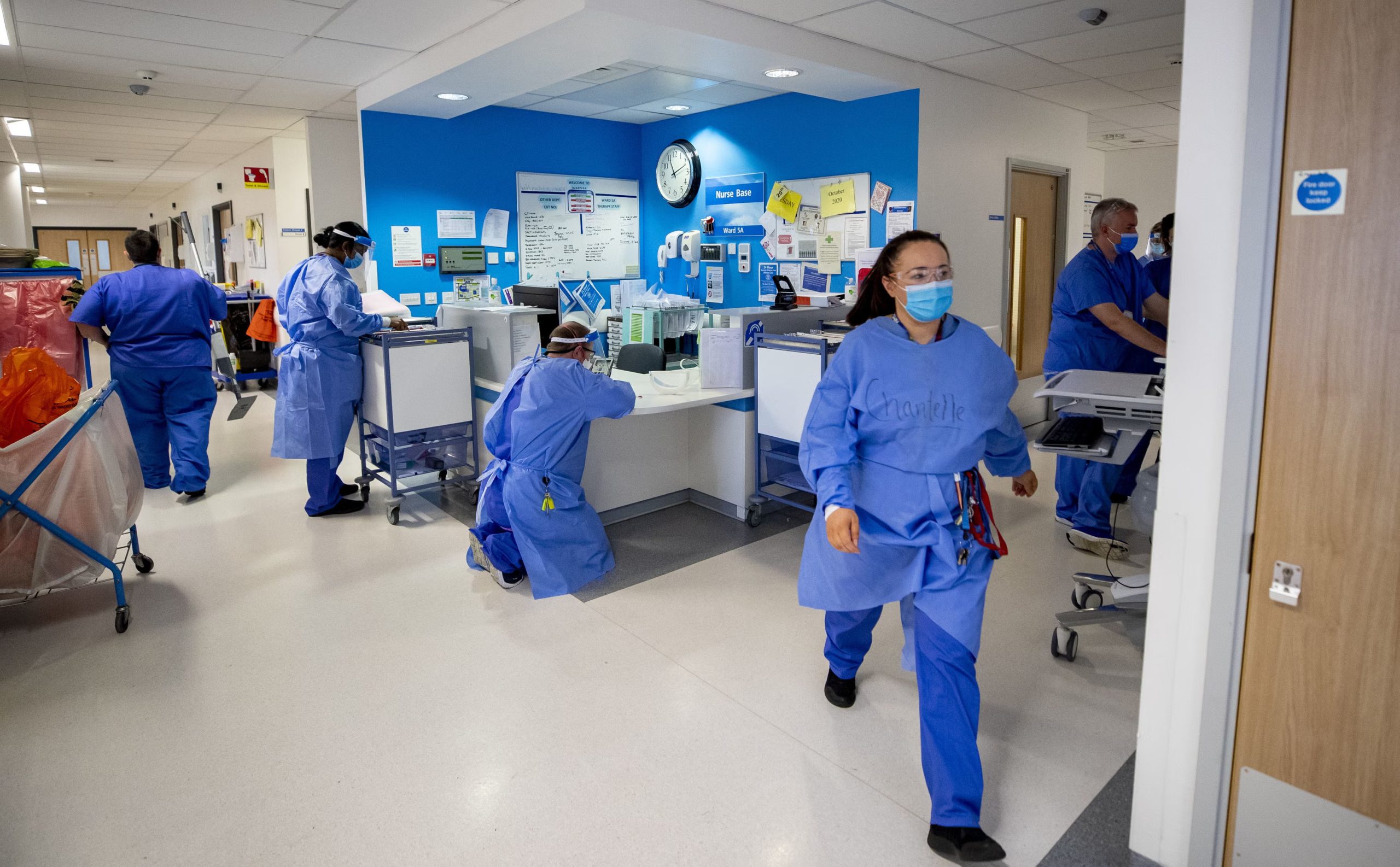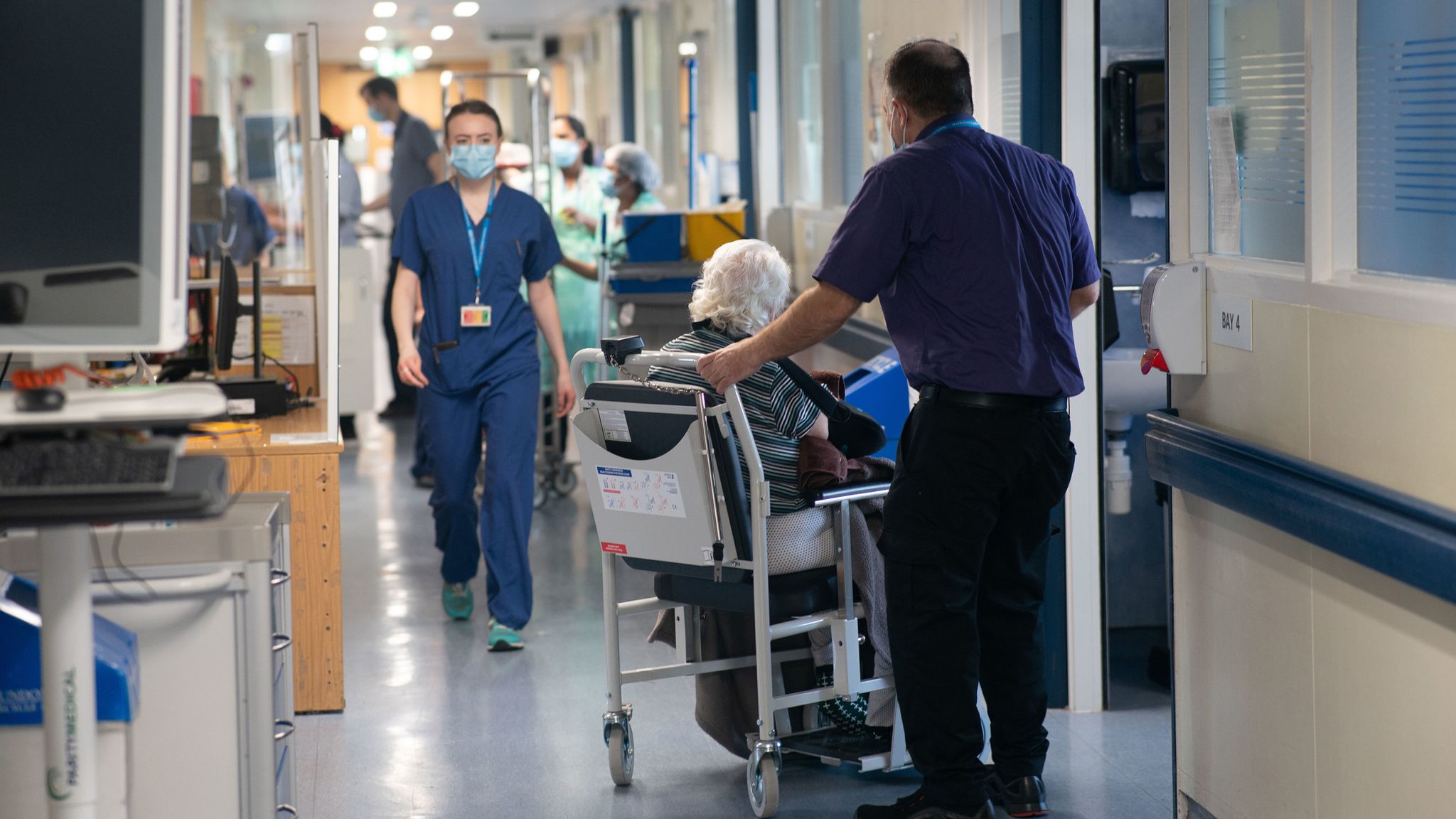Henrietta Hughes, England’s first independent patient safety commissioner, argues that the NHS’s emphasis on finance and productivity is jeopardizing patient safety.
In an interview with The BMJ, Hughes contends that patient anecdotes often serve as early warnings of systemic issues within healthcare, but these concerns are frequently disregarded, with patients being dismissed or ignored when they raise alarms about their care.
Hughes, a GP and former medical director at NHS England, assumed her role in September 2022 following a 2020 review that exposed significant medical scandals involving hormone pregnancy tests, sodium valproate, and pelvic mesh implants.
She criticizes the NHS for historically marginalizing patients who voice concerns, labeling them as “difficult women” and reflecting an outdated, patronizing attitude toward patient advocacy.

Currently, Hughes is prioritizing three main areas: implementing a robust safety management system, reforming the complaints process and clinical negligence protocols, and ensuring patient voices are integral to healthcare decisions.
Despite some progress, she highlights ongoing injustices, such as the continued use of sodium valproate in pregnant women despite well-documented risks, which she attributes to fragmented healthcare systems and inadequate communication between primary and secondary care providers.
Hughes underscores the importance of NHS trusts actively listening to patients, noting that such engagement not only improves patient outcomes but also supports healthcare staff.
She stresses the critical role of organizations collaborating with providers, such as commissioners and regulators, in fostering a culture of safety and accountability within healthcare.
Reflecting on her efforts, Hughes acknowledges the challenges of instigating cultural change within the NHS, lamenting that the relentless focus on productivity and financial targets often sidelines patient safety initiatives.
She argues that placing patients and safety at the forefront of healthcare policies could yield substantial improvements in overall healthcare quality and patient outcomes.
